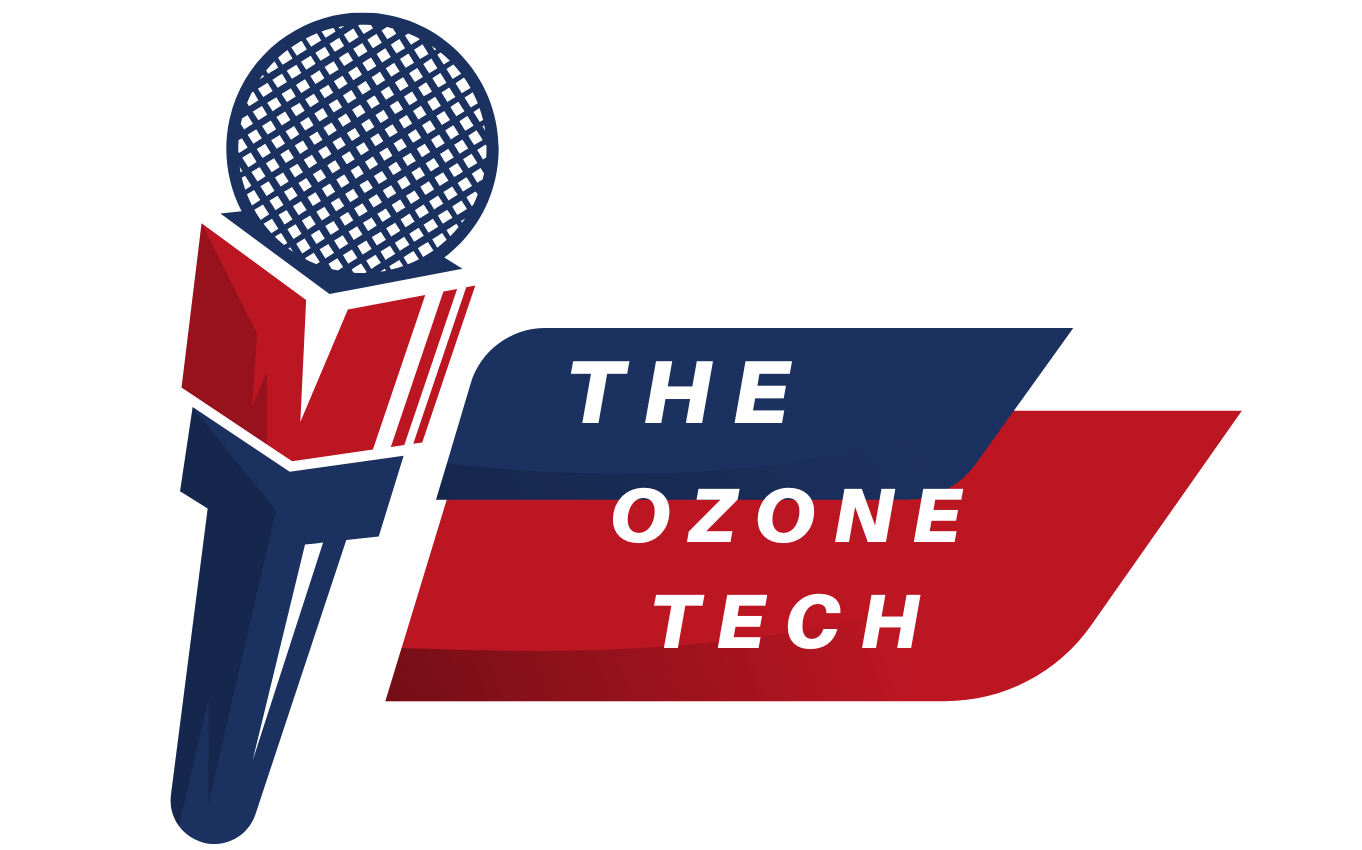WhatsApp, a widely-used messaging platform, is being leveraged to address cancer disparities among Black men, particularly prostate cancer. This innovative approach focuses on using technology to increase awareness, provide support, and improve access to vital health information for a demographic disproportionately affected by the disease.
The Cancer Risk for Black Men
- Higher Prostate Cancer Rates:
- Black men are about 70% more likely to develop prostate cancer compared to other demographics.
- They also face a two to four times higher mortality rate, often due to late diagnoses and limited access to care.
- Barriers to Early Detection:
- Lack of awareness about symptoms and screenings.
- Cultural stigma surrounding cancer discussions and healthcare access.
How WhatsApp Is Being Used
- Health Campaigns:
- WhatsApp is being used to distribute information about cancer symptoms, early detection, and available treatments.
- These messages are often tailored to resonate with Black men, addressing cultural sensitivities and encouraging action.
- Support Groups:
- Groups on WhatsApp provide a safe space for men to share experiences, discuss concerns, and receive peer support.
- Health professionals and advocates often join these groups to answer questions and guide participants toward appropriate resources.
- Improving Doctor-Patient Communication:
- The platform connects patients with healthcare providers for consultations and follow-ups, making it easier to access care.
The Role of Community Leaders
- Trusted Voices:
- Community leaders, including clergy and local advocates, are using WhatsApp to engage directly with Black men and promote awareness.
- Health Workshops:
- Events and virtual workshops shared via WhatsApp aim to demystify cancer screenings and emphasize their importance.
Early Success Stories
- Increased Screening Rates:
- Pilot projects in urban areas have shown a notable increase in prostate cancer screening appointments.
- Better Outcomes:
- Men participating in WhatsApp health groups report feeling more informed and empowered to seek timely medical advice.
Challenges to Address
- Digital Literacy:
- Ensuring that older men or those less familiar with technology can effectively use WhatsApp for health purposes.
- Privacy Concerns:
- Protecting sensitive health information shared on the platform is essential to maintaining user trust.
Conclusion
WhatsApp is proving to be an effective tool in bridging health gaps for Black men at risk of cancer. By fostering awareness, encouraging early detection, and providing a supportive community, the platform has the potential to save lives and reduce health disparities. Expanding these efforts could significantly impact public health outcomes for a vulnerable population.







